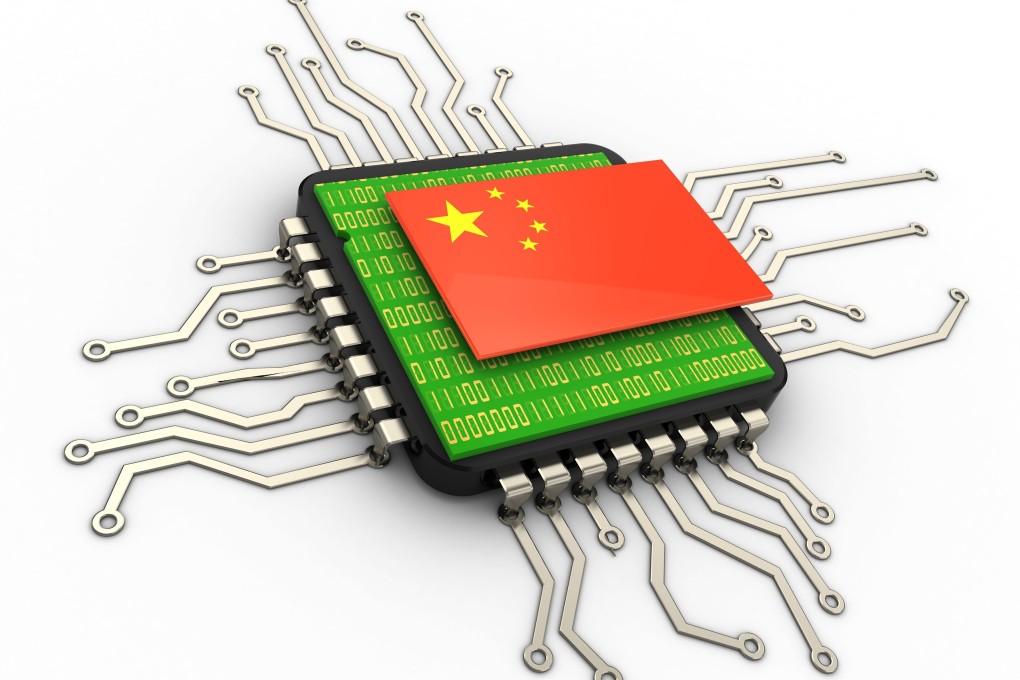Sino-US tech race turbocharges China chip investment, triggering bubble fear
- A slowdown in China’s consumer internet sector has prompted investors to focus on semiconductor-related companies
- Investors have pushed the share prices of the country’s 45 listed chip makers to more than 100 times the companies’ earnings

US curbs on Chinese technology companies amid the intensifying battle for tech supremacy between the two countries are feeding an investment boom across China’s semiconductor industry, driving prices of both publicly traded and venture-backed firms into bubble territory.
Investors have pushed the share prices of the country’s 45 listed chip makers to more than 100 times the companies’ earnings, making semiconductors the priciest sector in the stock market.
There is also a scramble for pre-listing deals, as venture capitalists once focused on consumer internet companies turn their attention to chips. Such investment in the sector almost doubled to 22 billion yuan (US$3.1 billion) in two years through 2019, showed data from Zero2IPO.
“It’s not just the government, it’s the private sector too – everyone in China is trying to invest in something related to semiconductors,” said Huang Jin-biao, co-founder of six-year-old Nuvolta, a maker of chips for wireless charging.
Many start-ups have yet to market products or prove long-term business value, prompting investors and analysts to warn of an asset-price bubble. But with Beijing redoubling efforts to support a home-grown chip industry and no end in sight to US-China tension, enthusiasm reigns.